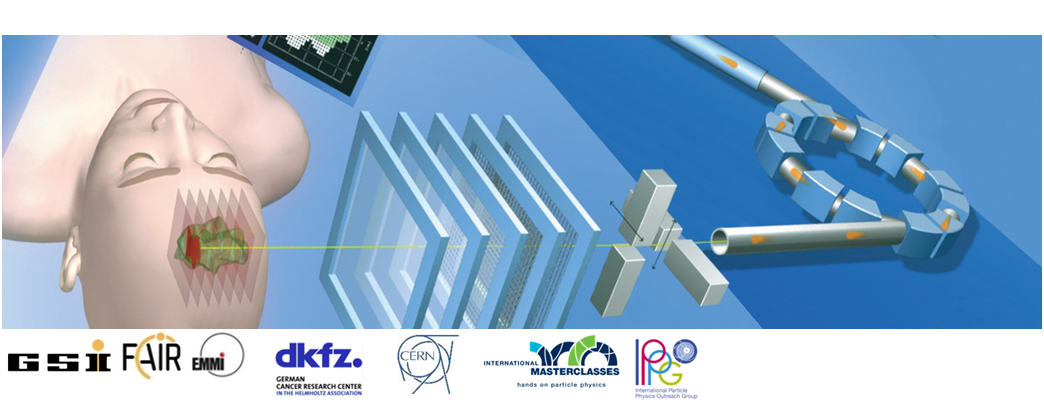VIDEO
MatRad Installation Video (Installation_MatRad file)
MatRad Installation Instructions
Minimum requirements
There are no hard minimum requirements to do dose calculation and optimization with matRad. Treatment planning tutorials can be done with systems with 2GB RAM but then cases you are looking at are somewhat small (low spatial resolution, few beams, rather no particles).
If you want to do treatment planning at realistic resolutions, we recommend 8GB RAM or more. More information can be found on https://github.com/e0404/matRad/wiki/Minimum-System-Requirements.
Simplified matRad installation for Masterclass
For Masterclass, the easiest option is to use matRad standalone application for Windows that does not require MATLAB. It should run on 64bit Windows, Linux & Mac (32-bit OS not supported).
1. To download matRad, download the installer for your system (Win64, Linux64, Mac64)
2. Run the respective installer for your system
- Windows: Run the downloaded executable installer
- Linux: Run the executable install script. Make sure that the *.install file has executable permissions.
- Mac: Here we provide a dmg containint the installer (Since the installer is not apple-certified, you might explicitly launch it from the terminal or by right-click).
After that, you should be guided through the installation process:
Note that the installers will want to download the "Matlab Runtime" from Mathworks in the process. The runtime is quite large (~2GB) and is required to run compiled deployed applications written in Matlab.
3. Run matRad:
-
Windows: Just like with every other progam, you should have a desktop icon.
- Linux & Mac: To start matRad, you can use the provided run_matRad.sh script from the terminal. It requries one argument which gives the path to the installed Matlab-Runtime. Refer to the readme_linux.txt and readme_mac.txt in your installation directory for more information.
Patient/Phantom files
The patient files should be included with the installer and will be installed into the desired location. For windows, for example, they can be found within the "application" folder ofr the chosen installation directory.
We also provide an extra link for the patient files in a zip folder: Download here!
or you can download them from this Google drive folder: HERE
Source Code for people with Matlab installations
You can also work with the current source code when you have matlab installed (even with Octave, but only without a GUI), which you can get from GitHub in the specials/masterclass branch:
https://github.com/e0404/matRad/tree/specials/masterclass
We also provide a zip-file to download the code directly (including the patient files).
For completeness and for the ones interested to go deeper detailed documentation, targeted at people who work with the software (Matlab source code), can be found in https://github.com/e0404/matRad/wiki explaining a lot about the workflow and the underlying principles.

